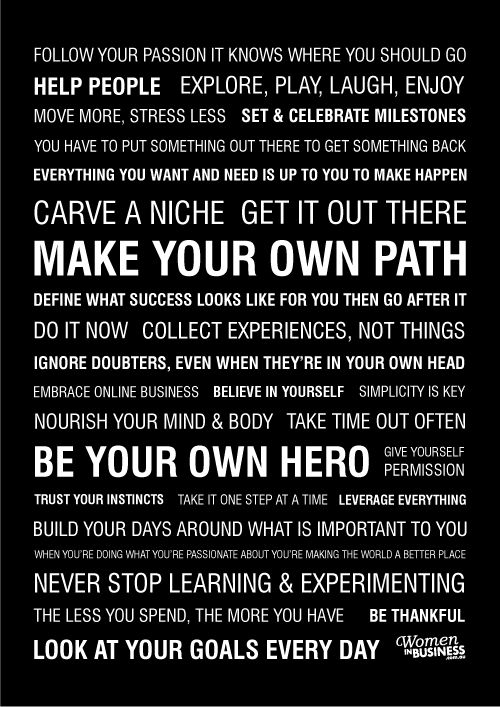Keep a Dream Journal: Why Bother?
Want a key to unlock your inner wisdom? Try keeping a dream journal.
Experts believe that our nighttime dreams deal with concerns, worries, or events that we experience during our waking hours. A study done in 2003 speculated that about 50-percent of people have work-related nightmares.
In brief, dreams are like moves that streams through our minds, directed and produced by our subconscious. Dreams can help solve knotty problems, or simply give voice to ongoing issues. Some dreamers even implant a before-bed suggestion to dream a solution to a specific problem, like “tonight’s dream will help me overcome my problem with Jack.”
The connection between dreams and our subconscious has been speculated on for centuries. In fact, Aristotle theorized that there is a definite connection between dreams, emotional needs and waking experiences. However, in order to take full advantage of our nighttime movies, we need to keep dream journals that record as much detail as can be remembered.
To fully understand our dreams, experts like Carl Jung and Ira Progoff, believe a series of dreams must be examined, not just a single night’s images. To assist in the interpretative process, the following steps are suggested:
1. Date and time your dream. You may find that the dreams you have just before waking have different themes than those right after going to sleep. When you date your dream, don’t forget to include the year.
2. Title your dreams, like The Monkey Attacked the Cow, Airplanes Explode over the North Pole, or Jack Won’t Stop Pulling My Hair. Over a period of time, you’ll probably find recurring themes, like dreams with spiders, or plane crashes, or being chased.
3. Briefly note the day’s events. If you write down any irritations, worries, angers, or heightened emotions you had during the day, you may be able to see a clear correlation between the day’s events and your dreams.
4. Record your dream in as much detail as possible, including the emotions you experienced during the dream, AND the emotions you experienced in recording the dream. Feel free to illustrate your dream, either through a drawing or photograph.
5. List the important keywords from your dream. These might be words like love, hero, flying, snakes, puppies, peace or death.
6. Interpret the dream. Without using devices like a dream dictionary, try to interpret what you feel the dream was about. Was it about being trapped, breaking free, venting strong emotions, taking a journey, or?? There is no right or wrong answer—so allow yourself the freedom of speculating on a meaning.
7. Look for recurring themes. Once a month, look back through your dream journal, searching for repeating patterns. If you find one, your inner self is trying its best to give you an important message. Don’t forget to look for patterns in your list of important keywords.
Sweet dreams!








